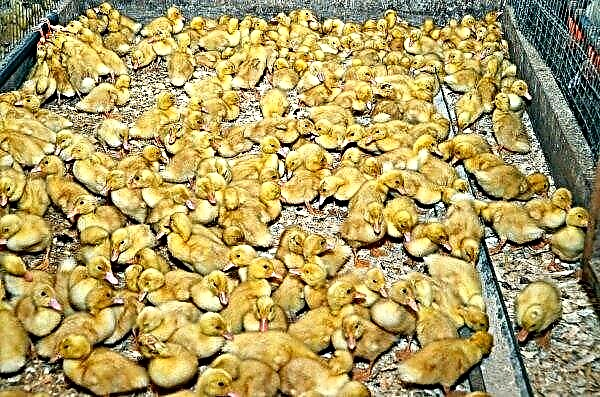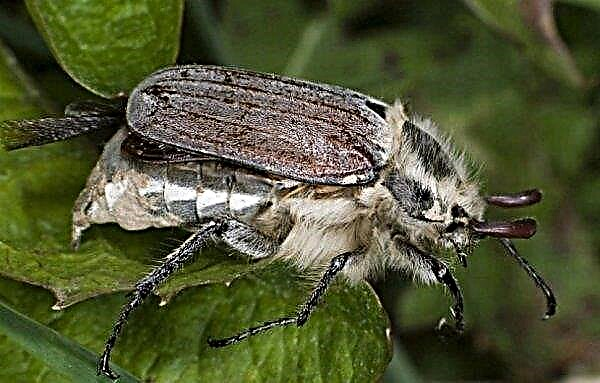According to the Committee on the Environment, a further reduction in the use of pesticides is urgently needed, as well as more funds for research and better monitoring.
The Committee on Environment, Public Health and Food Safety on Tuesday approved a resolution that highlights the weaknesses of the EU Pollinator Initiative, which makes it insufficient to address the root causes of the decline in pollinator numbers in Europe.
The committee suggests that the reduction in pesticide use should be established as a “common indicator” for assessing the effectiveness of national measures to protect bees and other pollinators.
To help further reduce pesticide residues in bee habitats, MEPs want to reduce pesticide use as a key part of a future Common Agricultural Policy (CAP).
 In its entire life, one bee produces only 1/12 teaspoon of honey.
In its entire life, one bee produces only 1/12 teaspoon of honey.
The committee finally requires more funds to support research into the causes of the decline in bee numbers in order to protect the diversity of pollinator species. Colony viability indicators should also be developed to measure whether the actions implemented were successful.
The approved text is a response to the EU Pollinator Initiative and emphasizes that its measures are insufficient to protect bees and other pollinators from changes in land use, habitat loss, intensive farming, climate change and invasive alien species.
According to members of the European Parliament, the Initiative cannot sufficiently address the main causes of pollinator reduction, which are important for biodiversity and the propagation of many plant species.
The resolution was adopted with 67 votes to, with 1 abstention. It will be voted on at the January plenary meeting in Strasbourg.
- The French islands of Guadeloupe and Martinique have the appearance of idyllic and sunny tourist spots, but few visitors know that these lush tropical islands suffer from a chronic pollution problem.
- The Ministry of Agriculture and Livestock Development of India (MoALD) has allocated $ 2,108,355 to establish pesticide testing laboratories.
- A unique live load - the queen bees that previously inhabited the territory of Chuvashia - the other day in the Chelyabinsk region.
- In Brazil, in the territory of four Brazilian states, a total pestilence of bees was recorded.












